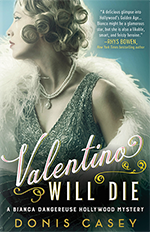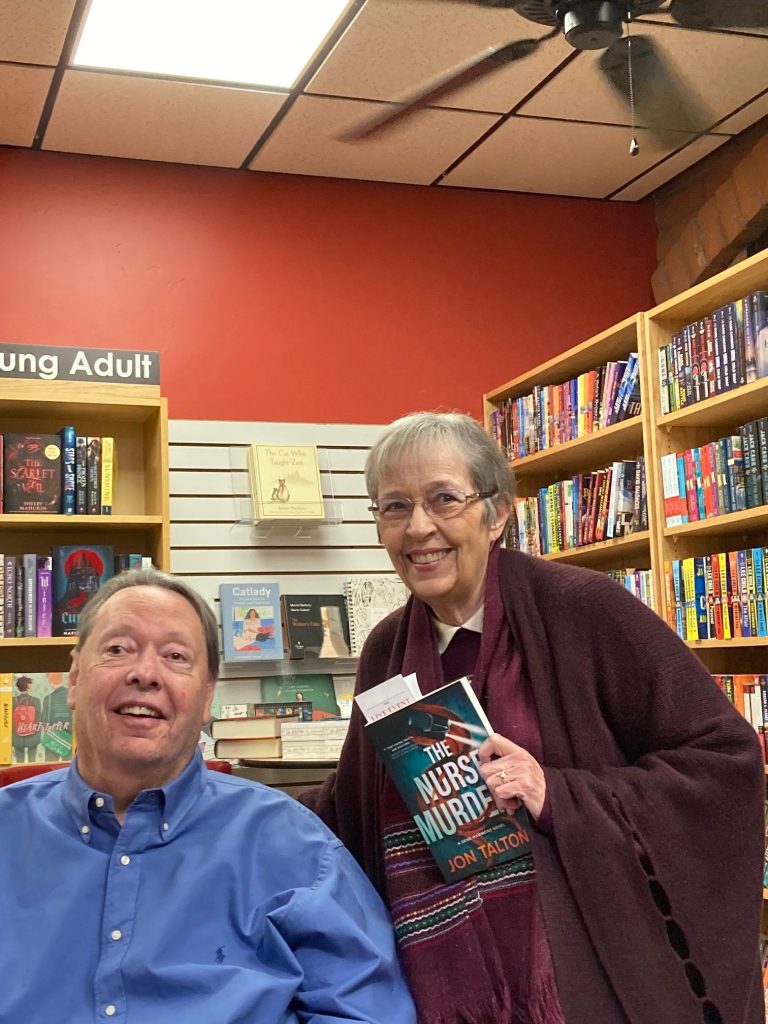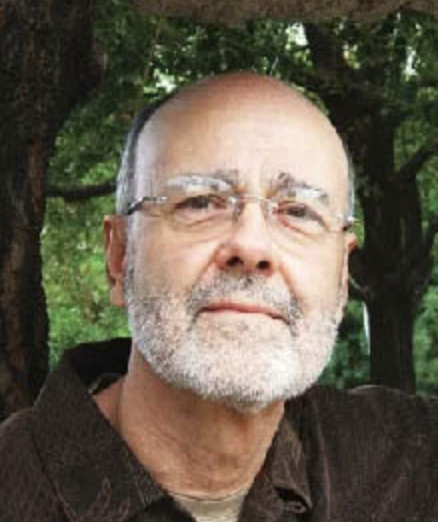It’s been a rough start to 2026, Dear Readers. Aside from more family medical emergencies than seems fair, recently two of my most admired author friends passed away in January – the great James Sallis, author of Drive, among many many other wonderful works, and the equally talented Jon Talton, author of at least a dozen fabulously noir-ish mysteries, most of which are set in and around his home town Phoenix. Both Jim and Jon are from the Phoenix area, as am I, so I knew the guys and have done events with both of them.
Jim Sallis had been ill for some time. I last corresponded with Jim last year when I asked him if he’d be interested in teaching a class at Arizona State University in my stead. We did some catch-up chat, after which he told me he’d love to participate, but his health wouldn’t permit. Besides being a great author and teacher, Jim was a blue-grass musician and one of the nicest, kindest, and most helpful people ever. Read Jim’s obituary here.
Jon’s death was totally unexpected. He and I were both originally published by Poisoned Pen Press for many years and did many events together. We corresponded a lot, talking about the ins and outs of our respective careers. The last time I heard from him was Dec. 31, when we wished one another a happy new year. He loved his adopted home towns, but mostly he loved his native Phoenix and his beloved wife Susan. You can read his obituary here
I am sad.





More Places to Go
Donis on Facebook
Type M for Murder